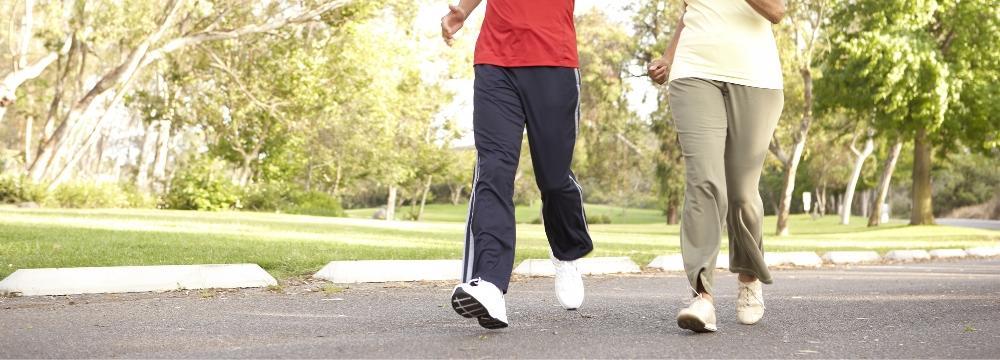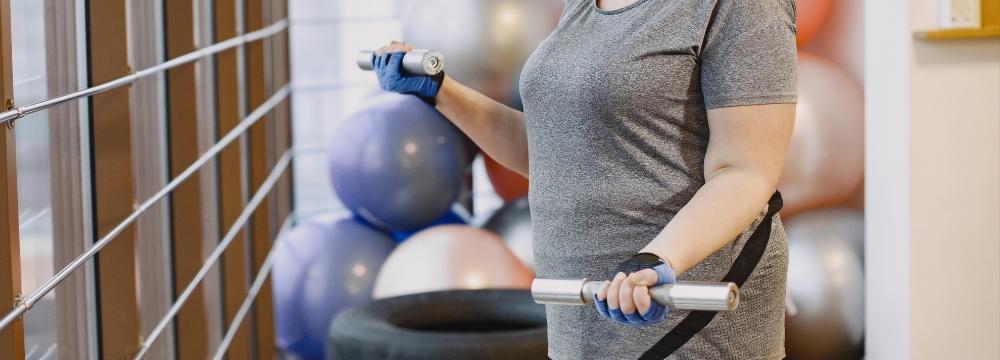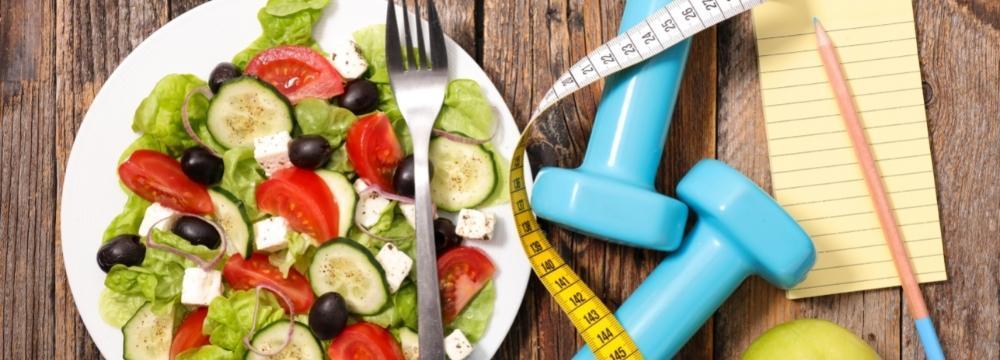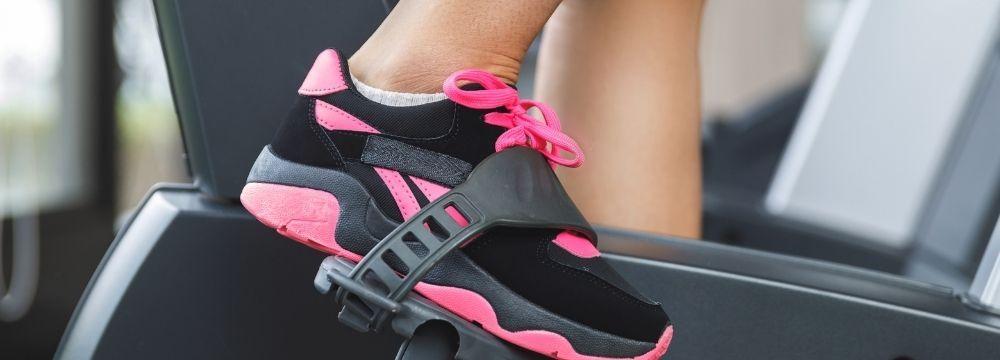
When you’re on a weight loss journey following bariatric surgery, focusing solely on getting rid of body fat is often a primary concern. However, there’s another important goal you shouldn’t overlook—maintaining your muscle mass. Muscle mass is vital to boost metabolism and achieve a healthier body composition. Preserving muscle during weight loss is hard, so it is important to have strategies to keep your weight loss from including muscle mass loss including the following four:
- Eat enough protein. Protein is your muscles’ best friend during weight loss. It provides the building blocks your body needs to repair and maintain muscle tissue, especially when in a calorie deficit. Follow your post-op guidelines for daily protein intake to keep your muscles strong. It might sound like a lot, but with the right choices, it’s manageable. In the long term, focus on high-quality protein sources like lean meats (chicken or turkey), dairy products like Greek yogurt, and plant-based options such as tofu, lentils, and beans. Not only will this help preserve muscle, but it’ll also keep you feeling fuller for longer.
- Focus on resistance training exercises. Strength training is important if you want to hang on to your muscle. When you lift weights or do bodyweight exercises like push-ups or squats, you signal your muscles that they’re still needed, even during weight loss. The key is consistency—make strength training a regular part of your routine, aiming for at least two to three sessions per week. And don’t forget about progressive overload, which means gradually increasing the weight or resistance you’re using over time. This helps ensure your muscles are continually challenged and don’t start to shrink as you lose fat.
- Stick to your diet plan to keep a caloric balance and appropriate nutrition. While you need to be in a calorie deficit to lose weight, it’s important not to go too extreme. A moderate deficit will help you lose fat while minimizing muscle loss. Additionally, paying attention to when you eat can make a difference. Consuming protein-rich meals or snacks before and after workouts can maximize muscle protein synthesis, helping your muscles recover and grow. Don’t forget about carbs and fats, either—they’re essential for energy and overall health, and they also play a role in muscle maintenance.
- Rest and recover. Muscles aren’t just built in the gym—they’re also built when you rest. Getting enough sleep is crucial for muscle recovery and overall metabolism. Aim for 7-9 hours of quality sleep each night. Additionally, don’t underestimate the importance of rest days and active recovery, like gentle stretching or light activities, instead of a full workout on days following intense workout sessions. These help your muscles repair and strengthen, reducing the risk of injury and burnout.
The Bottom Line
When you’re focused on losing weight, it’s tempting to zero in on shedding fat, but maintaining your muscle mass is just as important. Muscles help keep your metabolism revved up and contribute to a healthier body. However, muscle can be lost along with fat if you’re not careful, so having a solid plan is essential. By eating enough protein, incorporating regular resistance training, maintaining a balanced diet, and prioritizing rest and recovery, you can lose weight while maintaining your muscle mass. These strategies are your keys to weight loss and a more robust and healthier you.
Resource
Cava E, Yeat NC, Mittendorfer B. Preserving Healthy Muscle during Weight Loss. Advances in Nutrition: an International Review Journal. 2017;8(3):511-519. doi:https://doi.org/10.3945/an.116.014506








